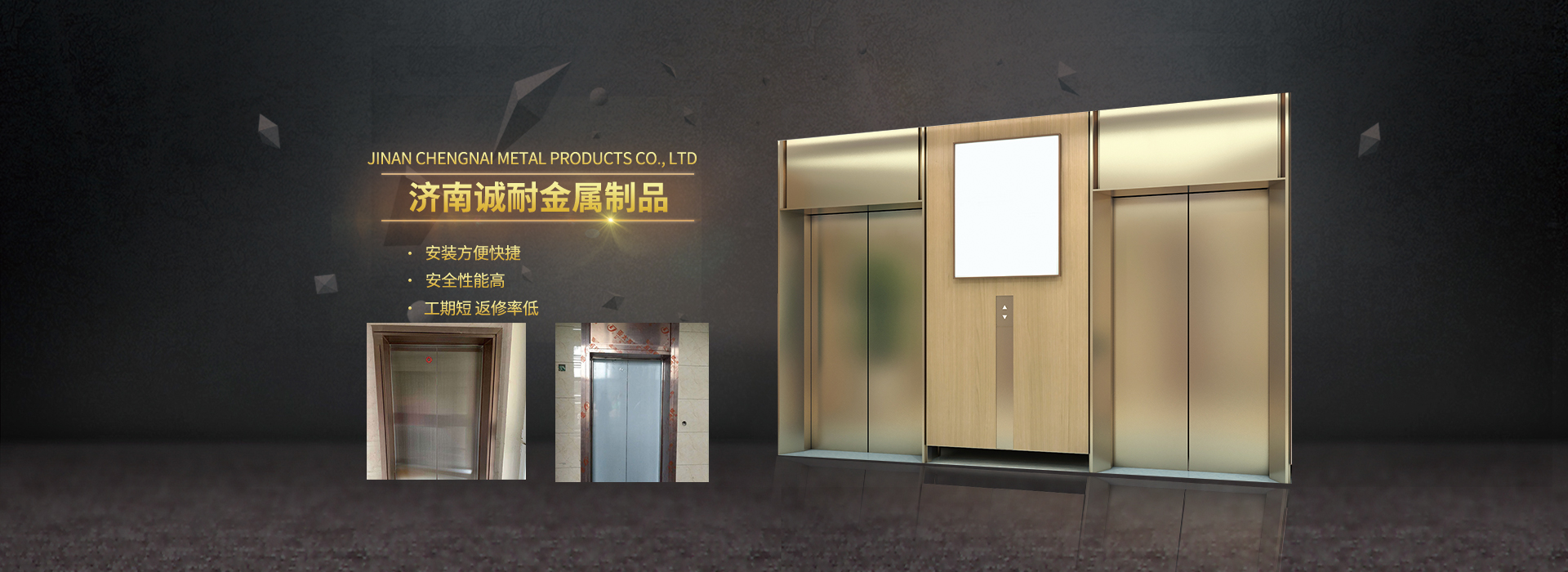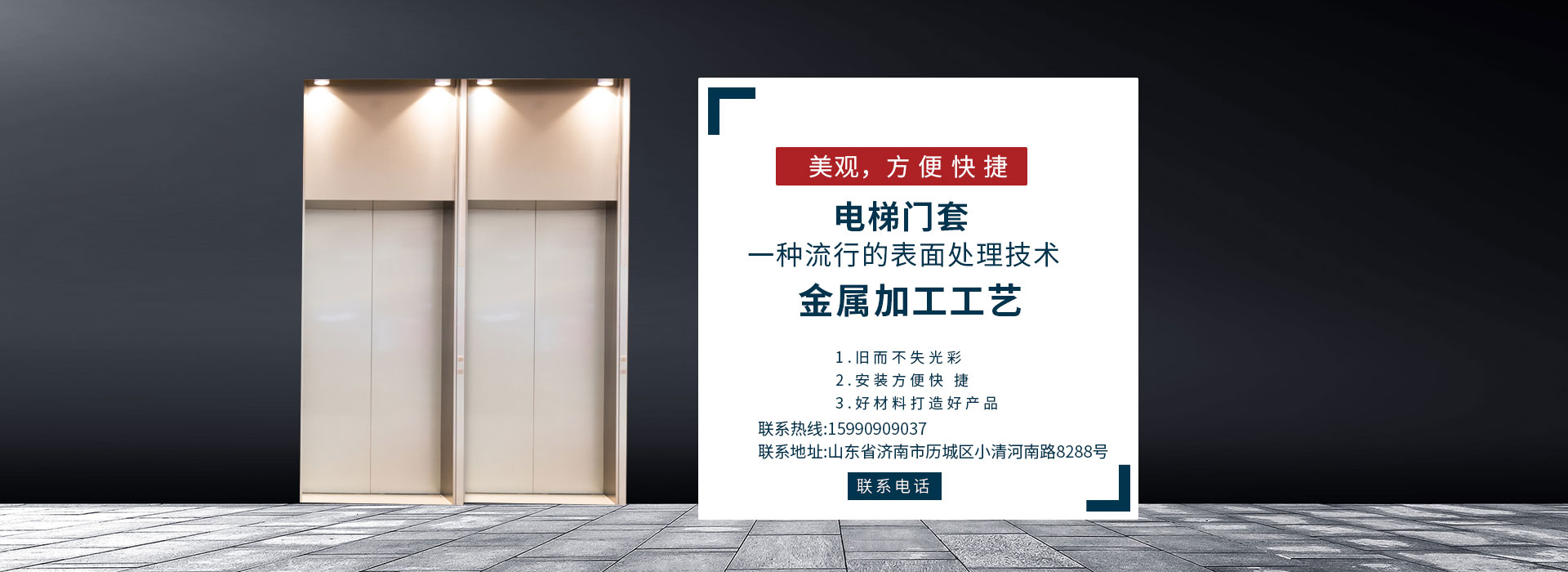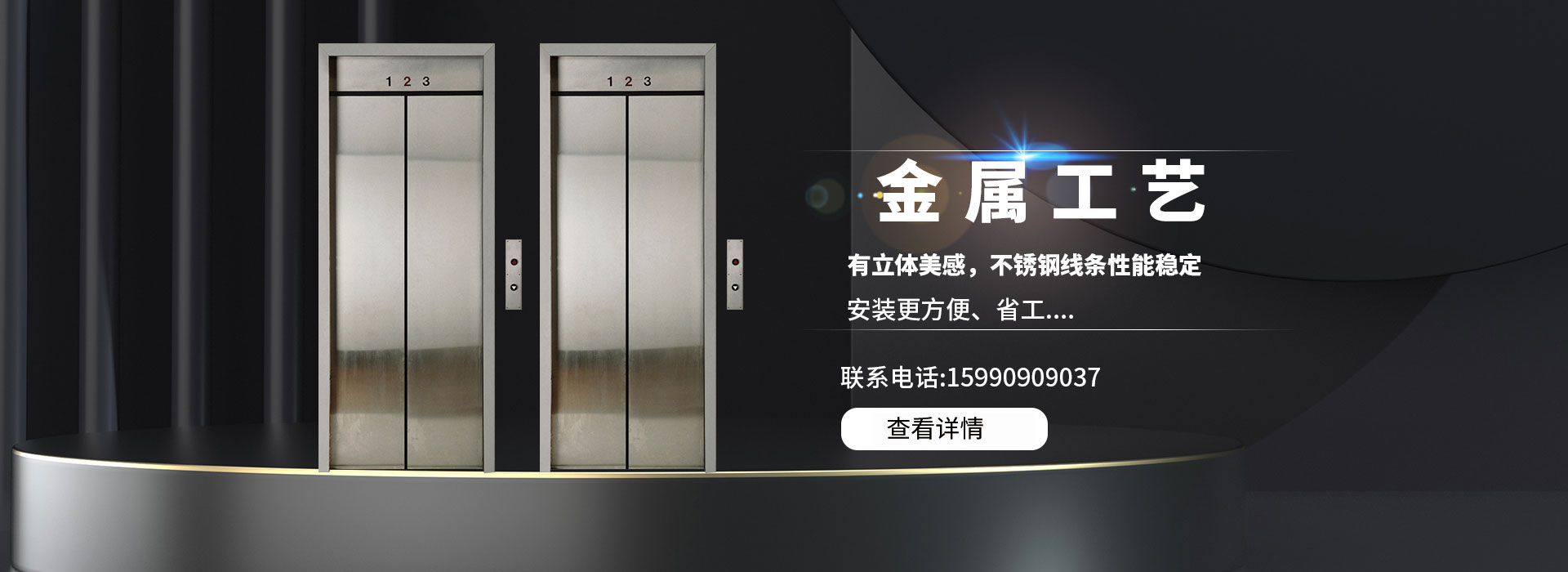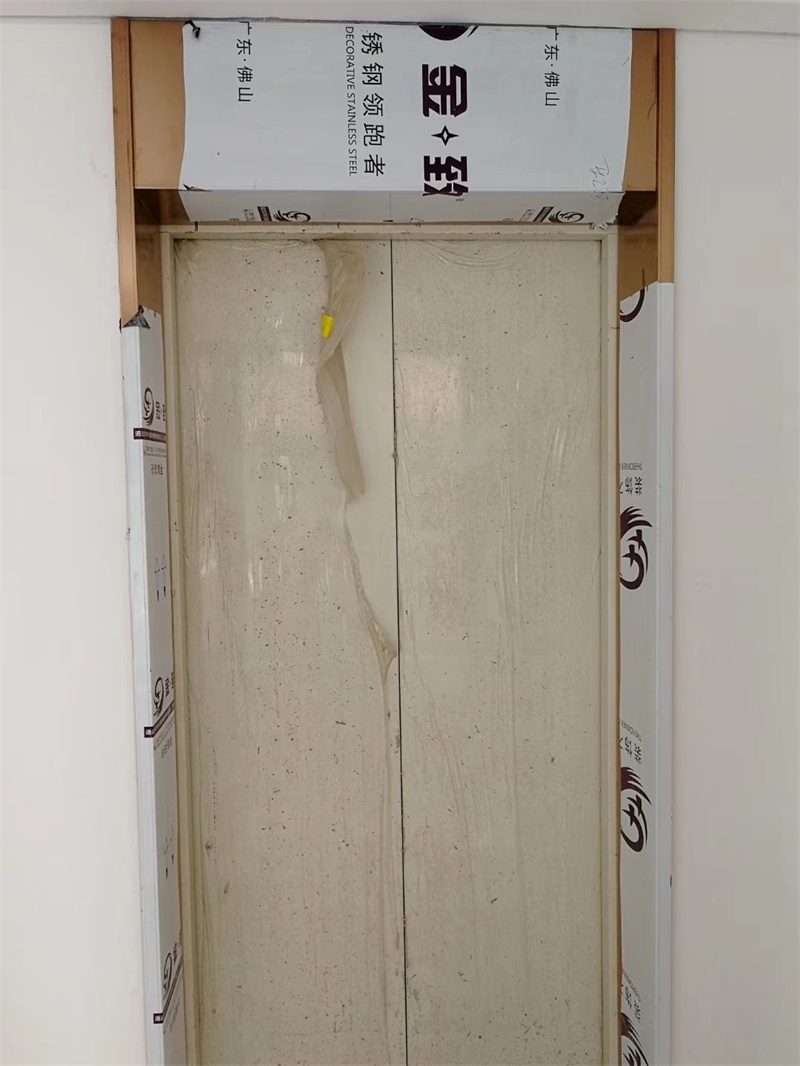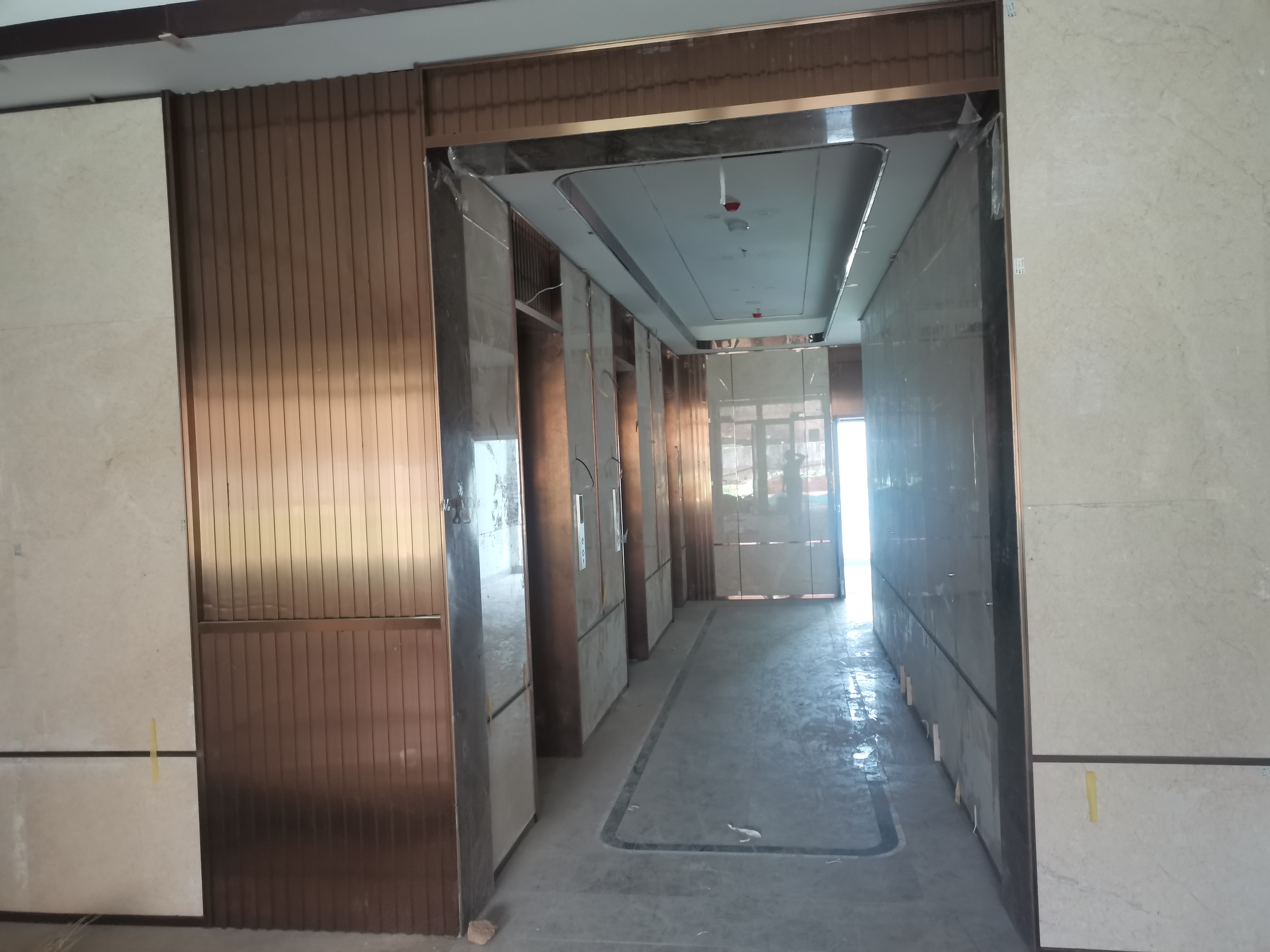石塑和石材電梯門套質量怎么辨別?
1、在選擇石塑線條時,一定要注意完整性,使石材發揮Z大作用,不能影響美觀。固定時,我們必須選擇信譽良好,質量良好,沒有拼接的類型。它還是商業場所的裝飾,工廠設備過程中的不當維護,安裝過程,存儲和運輸,自然環境因素等,現在由于參與了計算機模擬難題的創建,可以更好地反映藝術感,需要進行拼接,這對于選擇墻壁非常重要。
1. When selecting stone plastic lines, it is important to pay attention to their integrity, so that the stone can play a significant role and not affect its aesthetics. When fixing, we must choose a type with good reputation, good quality, and no splicing. It is also the decoration of commercial venues, improper maintenance of factory equipment, installation process, storage and transportation, natural environmental factors, etc. Now, due to participating in the creation of computer simulation problems, it can better reflect the artistic sense and needs to be spliced, which is very important for selecting wall walls.
2、石材成分變化的Z大影響是其固有模式。在追求高檔,華麗,豪華的生活品質裝飾趨勢中,雜亂無章的點綴散布著。
2. The Z major impact of changes in stone composition is its inherent pattern. In the pursuit of high-end, luxurious, and luxurious quality of life decoration trends, disorderly embellishments are scattered.
3、聽,就是聽石頭敲門的聲音。一般來說,石材質量好,內部致密均勻,無細微裂紋,敲擊聲清脆宜人。相反,如果石材中有細微的裂縫或細紋,或者由于風化的顆粒而變得松散,則敲擊聲會變得粗糙而笨拙。嘗試一下,那就是使用一種簡單的測試方法來測試石材的質量。通常,一小滴墨水滴在石頭的背面。如果墨水迅速散布到各處并浸出,則表示石材的內部顆粒疏松或有微裂紋,石材的質量也不佳。否則,如果墨水滴落到原始位置,則表示石頭致密且質量良好。
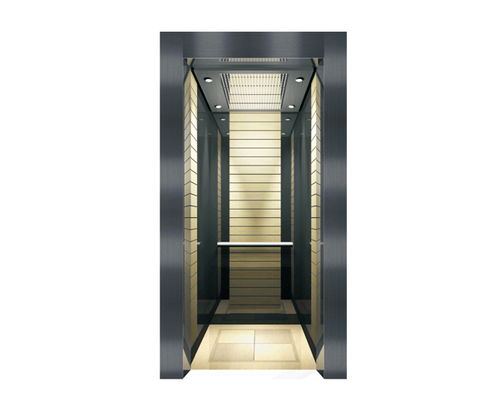

3. Listening is listening to the sound of a stone knocking on the door. Generally speaking, the quality of stone is good, with dense and uniform interior, no small cracks, and a crisp and pleasant knocking sound. On the contrary, if there are subtle cracks or fine lines in the stone, or if it becomes loose due to weathered particles, the knocking sound will become rough and clumsy. Try using a simple testing method to test the quality of stone. Usually, a small drop of ink drops on the back of the stone. If ink quickly spreads and leaches out, it indicates that the internal particles of the stone are loose or have microcracks, and the quality of the stone is also poor. Otherwise, if the ink drips to the original position, it indicates that the stone is dense and of good quality.
4、石塑是一種仿大理石電梯門套。石塑電梯門套基本上是用天然石材粉末PVC制成的。這種材料的Z大優點是“環境保護”。減少天然石材的提取和使用,混合并填充少量的PVC,以使石材的塑料材料堅固而輕巧。通常,石材塑料建材是作為墻板或線條生產的,石材電梯門套廠家也是如此。兩者的結合是我們經常看到的石塑電梯門蓋。
4. Stone sculpture is a type of imitation marble elevator door pocket. The stone plastic elevator door cover is basically made of natural stone powder PVC. The major advantage of this material is "environmental protection". Reduce the extraction and use of natural stone, mix and fill a small amount of PVC to make the plastic material of the stone strong and lightweight. Usually, stone and plastic building materials are produced as wall panels or lines, and so are stone elevator door pocket manufacturers. The combination of the two is the stone plastic elevator door cover that we often see.
5、大理石的重量和體積非常大,安裝和運輸不方便,人工成本也相當可觀;大理石的顏色和圖案是自然固定的,石塑可根據用戶需要選擇膜紙進行高溫層壓。大理石的天然縫隙易于滋養***,長時間使用后容易形成輻射,對人體有害。
5. The weight and volume of marble are very large, making installation and transportation inconvenient, and the labor cost is also considerable; The color and pattern of marble are naturally fixed, and stone plastic can be laminated with membrane paper for high-temperature lamination according to user needs. The natural gaps in marble are easy to nourish, and after prolonged use, it can easily form radiation, which is harmful to the human body.
6、石材和塑料線條的類型和樣式對外行而言是相同的。沒有區別。但是如果仔細看,您會發現石材和塑料線條不僅在做工上有明顯差異,而且在外觀樣式的顏色和材料上也有明顯差異。提醒廣大消費者,在選擇材料時必須比較三種產品,多選多比較。
6. The types and styles of stone and plastic lines are the same for the outside world. There is no difference. But if you look closely, you will find that there are significant differences not only in the workmanship of stone and plastic lines, but also in the color and material of the appearance style. Remind consumers that when choosing materials, they must compare three products and choose more.
7、石材和塑料線條制造商的產品廣泛用于建筑物的裝飾。在這里,我們需要注意色差。
7. The products of stone and plastic line manufacturers are widely used for building decoration. Here, we need to pay attention to color difference.
下一篇:電梯門套陽角線使用要注意什么?上一篇:電梯不銹鋼包邊優勢與應用價值

